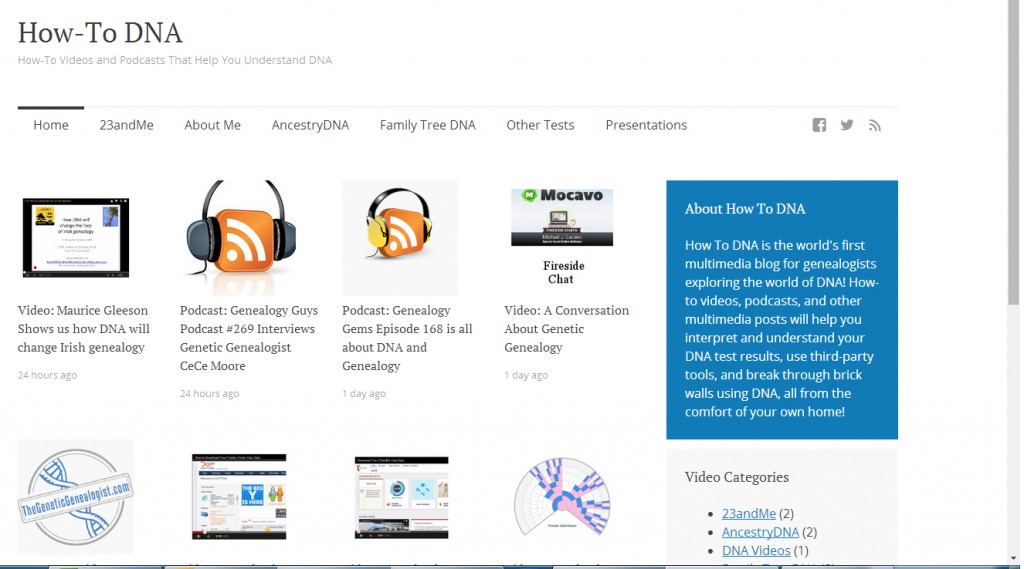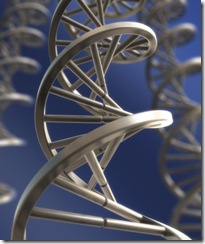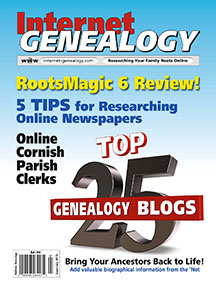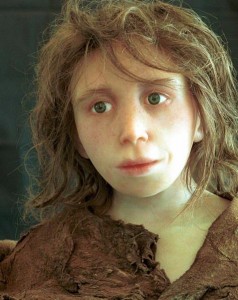The following is a guest post by Ann Turner, founder of the of the GENEALOGY-DNA mailing list at RootsWeb and co-author (with Megan Smolenyak) of “Trace Your Roots with DNA: Using Genetic Tests to Explore Your Family Tree.” Thank you Ann for this terrific post!
Genetic genealogists use autosomal DNA testing to locate people who share some DNA, enough to point to a relationship in a genealogical time frame. We’re not impressed by accidental matches that occur simply because all humans share 99.9% of their DNA. We want to be confident that the shared DNA segment is Identical by Descent (IBD) from a particular common ancestor, one who lived some number of generations in the past.
Two practical difficulties stand in the way of definitive confirmation. One is that our pedigrees are not complete, and we cannot test every link in the chain to prove that the segment traveled down the pathway we’ve identified through the paper trail. Indeed, as more data accumulates we frequently discover that a match we attributed to one ancestor must have come through an entirely different line.





